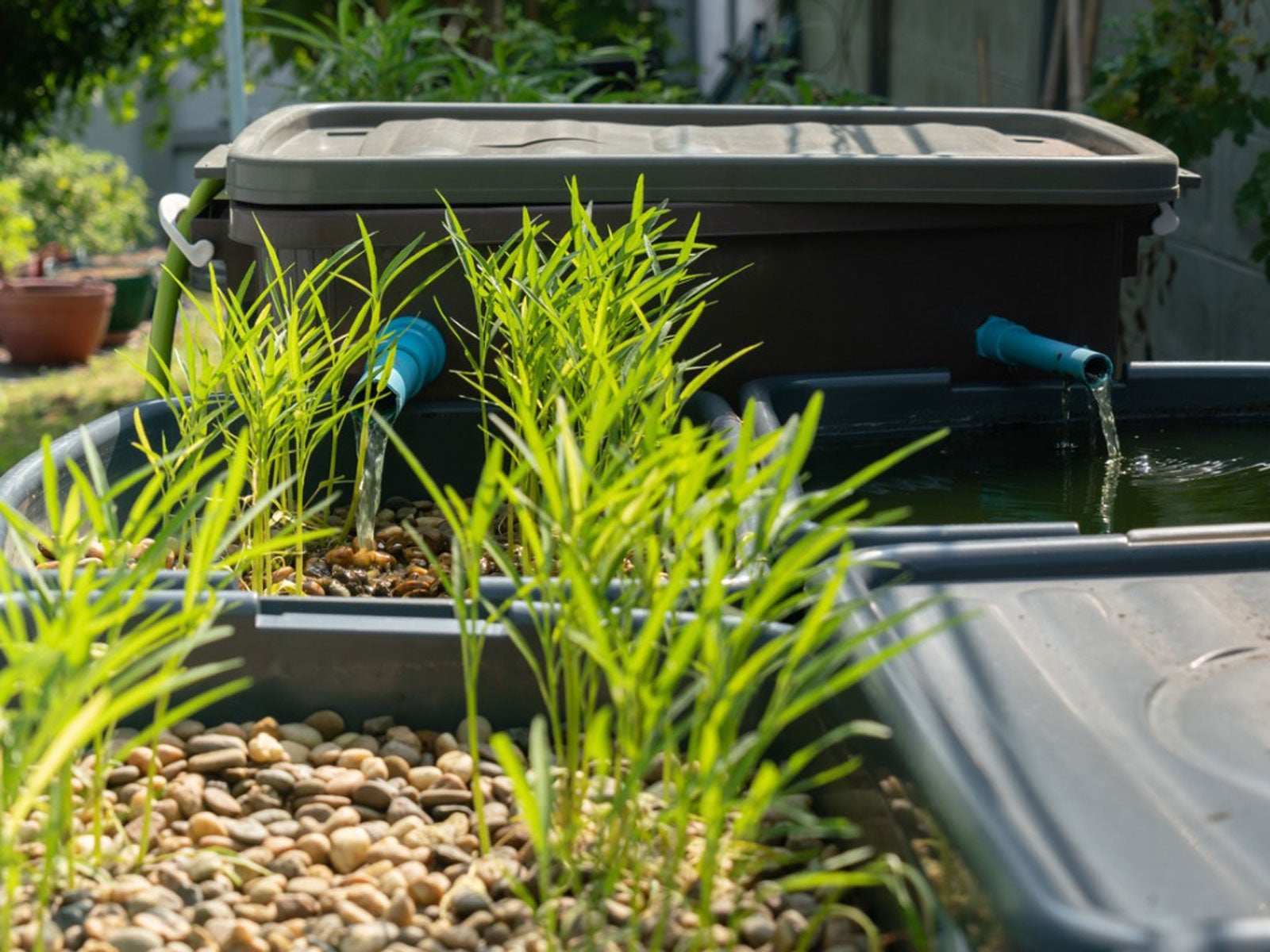
Most gardeners know about fish emulsion, a fertilizer produced from processed fish, essentially fish waste used for plant growth. If you have fish, either in an indoor aquarium or outdoor pond, you might be wondering if feeding plants with their fish waste is beneficial.
Feeding plants with fish waste has been used for quite some time and is the major benefit of aquaponics, but how does fish waste help plants grow? Keep reading to learn why fish poop is good for plants.
Is Fish Poop Good for Plants?
Well, one of the most popular organic fertilizers is a fish emulsion made from plant waste, so yes, it only makes sense that fish poop is good for plants too. When fish waste is used for plant growth, it provides not only naturally derived NPK nutrients but also micronutrients.
That said, some commercial brands of this fish fertilizer have been shown to contain chlorine bleach, a no-no for a garden. So, feeding plants with fish waste from your own pond or aquarium is optimal, provided you don’t use herbicides to treat a lawn that is surrounding the pond.
How Does Fish Waste Help Plants Grow?
There are several benefits to using fish waste for plant growth. Fish waste is the fecal matter of fish. While it may sound a bit yucky, just like manure, this waste is full of biological activity and well-balanced, essential plant nutrients and many other micronutrients.
This means feeding plants with fish waste gives them the nutrients they need, plus adds plenty of beneficial biological life into the soil. Using fish waste for plant growth is also an expedient way to get those nutrients to the plants since it comes in a liquid form, making them available to plants more rapidly than granular fertilizers.
Benefits of Aquaponics
Aquaponics, growing plants in water combined with fish cultivation, has roots dating back thousands of years with Asian farming practices. It produces two products at the same time using just water and fish food.
Sign up for the Gardening Know How newsletter today and receive a free copy of our e-book "How to Grow Delicious Tomatoes".
There are several benefits of aquaponics. This system of growing is sustainable, low maintenance, and doubles food production all without polluting the environment or utilizing limited and/or expensive resources such as oil.
The system of aquaponics is by nature bio-organic, meaning no added fertilizers or pesticides are used since they could kill the fish and no antibiotics are used on the fish because they would harm the plants. It’s a rather symbiotic relationship.
Even if you don’t practice aquaponics, your plants can still benefit from the addition of fish waste, especially if you have fish. Simply use the water from your fish tank or pond to irrigate your plants. You can also purchase fish waste fertilizer but read its ingredients to avoid harming plants with chlorine.

Amy Grant has been gardening for 30 years and writing for 15. A professional chef and caterer, Amy's area of expertise is culinary gardening.
